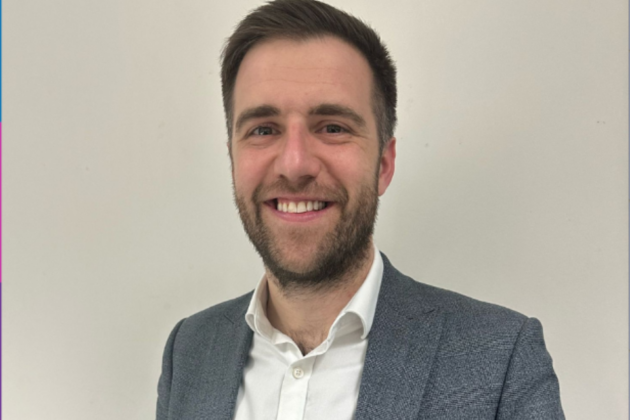Building the future of Government Communications: My journey with Advance Leader

Phil Scullion reflects on professional growth, peer connections, and renewed purpose. As Head of Communications and External Affairs at Skills England, Phil shares how the Advance Leader programme has energised his career and equipped him with practical skills for navigating change in the government communications landscape.
How has Advance Leader supported you in your role as a government communicator?
I have found myself completely energised by Advance Leader! It is great to be supported to put structured time into learning and development, getting away from the frenetic pace of government communications and back into a university environment. One of the best bits is undertaking this experience with such a great group of people. I am seriously impressed with the communicators in my cohort.
I do suffer from imposter syndrome at times and in my day job. I often have to fight hard to get the ‘communications perspective’ a seat at the top table. So, it has been heartening to step out from that, be surrounded by a group of my peers and find so much common ground. Together, we have shared our triumphs and frustrations; developing insights and solutions that I am sure will help all of us to be better communicators than we were yesterday.
It has been incredibly reassuring for me. It makes me feel I am on the right path, and that government communications is a place where you can succeed, regardless of your background.
What key skills or knowledge have you gained from the programme that you apply regularly in your job?
As someone who hasn’t had to write any essays for over 15 years, it has been a shock to the system at times – but what I’ve been most surprised about is the relevancy of the theory.
During my undergraduate political philosophy degree I really enjoyed exploring the musings of Marx and the ruminations of Rousseau. However, once I entered the workforce it felt like it wasn’t a whole lot of help day-to-day! That is not the case with the content on the Advance Leader programme – I have been able to use what I’ve learnt straight away.
For example, I’ve found myself rolling out new models and ideas directly from the course. In particular, in the world of change management and internal communications, which is filling my working days at present as my organisation undergoes a major change following the last election.
I tend to be someone who values direct action and “making stuff happen”. The course has helped me to step back and share a little theory of the “why”. This has already borne fruit, helping me to operate better in the strategic space, manage upwards, and to more clearly explain the value of top-class communications.
What do you think is the most valuable long-term benefit of the programme?
I think the programme will be really valuable for Government Communications in the longer term, as it makes a huge difference to retention.
If I am very honest, I was very much on the fence when I started as to whether my future lay in government communications or if I might have to spread my wings wider to get the right opportunities to progress my career.
Joining this programme and being surrounded by what I am sure will be the future leaders of government communications has been incredibly inspiring. It has shown me that while there are some advantages to being outside the government; there are very few places where your communications work can have the same positive impact on people’s lives.
What three words would you use to describe your experience of Advance Leader?
Energising, reassuring, and uniting!
